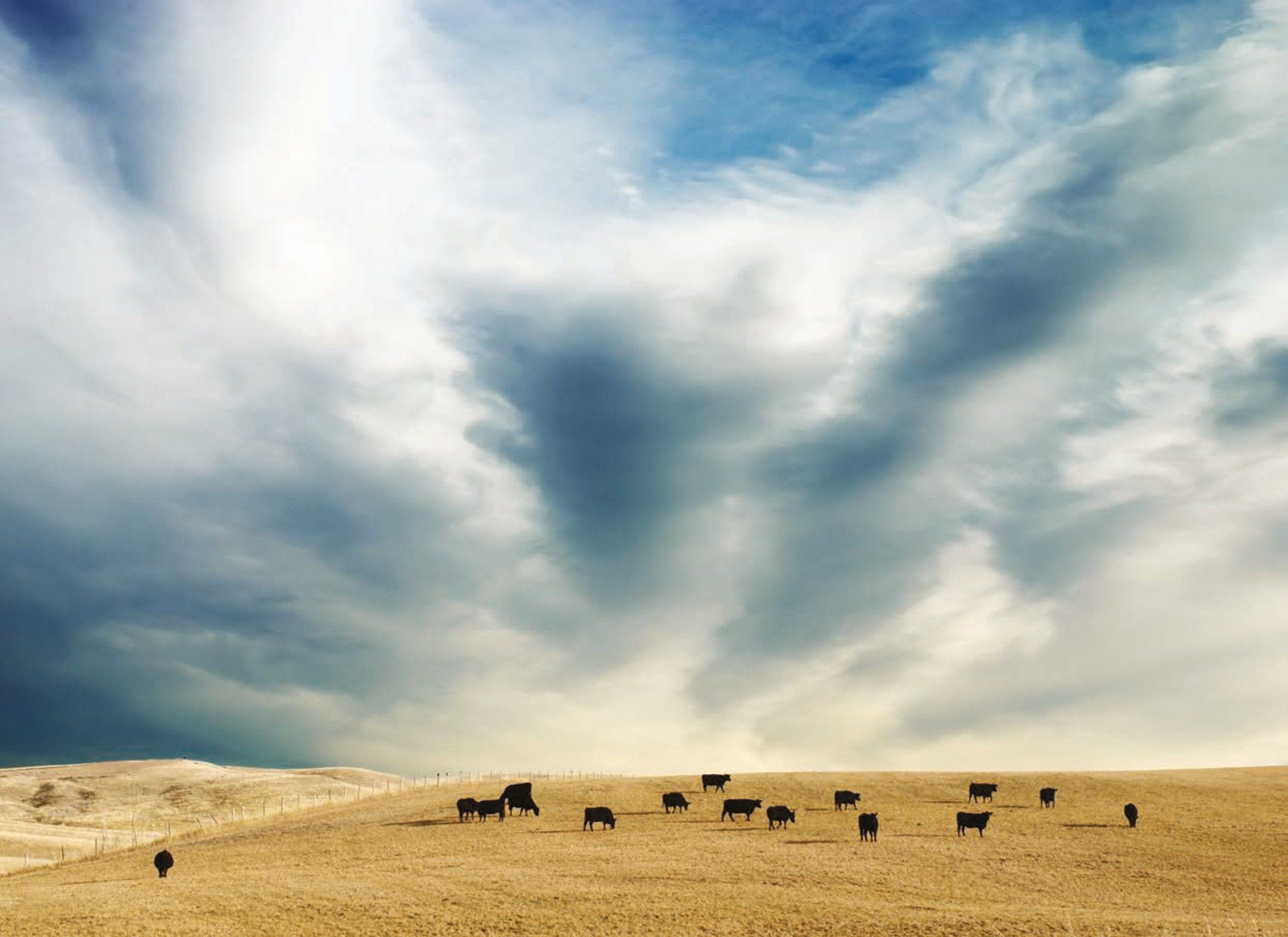In 2021 the policy framework strategy “Together for the Countryside” (Juntos por el campo) continued its implementation. The framework has six pillars: 1) the organisation (i.e. the use of zoning for a better use of land) of the agricultural production for 11 priority products, including cocoa, avocado, potato, dairy, forestry, rice, corn, onion, sugarcane, fishing, and aquaculture; and for 5 strategic crops including flowers, palm, coffee, bananas, and sugar. This pillar has two focus areas: the phytosanitary protection, and planning based on soil suitability. 2) Agricultural extension that aims to reach 550 000 producers. 3) Extending credit access and better credit conditions (i.e. more preferential rates) to farmers. 4) Financing rural public goods such as infrastructure, processing agroindustry, storage and cold chains, and irrigation districts. 5) Supporting technology and innovation. 6) Support for productivity through subsidies for agricultural inputs.
Total public expenditures allocated to the agricultural sector increased substantially in 2021 (66% relative to 2020). Several programmes focused on production management, improving sanitary status, climate initiatives, institutional capacity, and innovation and development increased their funding. In January 2022, the Fund for Access to Agricultural Inputs was created to finance production, transportation, storage and other activities necessary for the efficient, competitive, and sustainable use of agricultural inputs. It also centralises purchases of agricultural inputs, grants guarantees for agricultural input imports, and supports financial instruments or coverage policies for foreign exchange differential. From 2018 to 2022, about 50 000 land titles have been issued, formalising around 1 319 000 hectares, benefitting 58 987 families. During this period, 3 567 land properties, or 62 089 hectares, were returned to their rightful owners.
The Climate Action Law of 2021, will incorporate by 2030 criteria related to climate adaptation and resilience in the plans, programmes and projects of the institutions linked to the Ministry of Agriculture and Rural Development (MARD). The law proposes implementing by 2030, in at least 11 agricultural subsectors (rice, corn, potato, beef cattle, dairy cattle, panela cane, cocoa, banana, coffee, sugar cane and oil palm), models that improve their capacities to adapt to climate variability and change, through research, technological development and the adoption of productive transformation practices for agricultural and livestock activities to make them more resilient. Also to incorporate by 2030, in the sectoral competitiveness agreements, measures for productive transformation through the implementation of state-of-the-art technologies (genetics, biotechnology, Agriculture 4.0, metabolomics and other technological tools) necessary to meet national goals, for adaptation to climate change, by all agricultural value chains by MARD. Lastly, the law also proposes expanding to 2030 the coverage and participation in the agro-climatic technical roundtables to five natural regions of the country (Andean, Caribbean, Amazon, Pacific and Orinoquía), in co-ordination with the national agro-climatic roundtables, and provide agro-climatic information to all farmers in the country.
